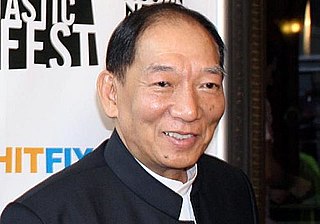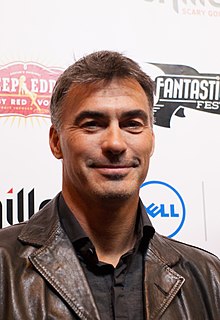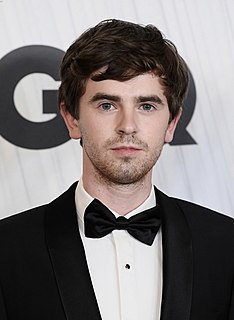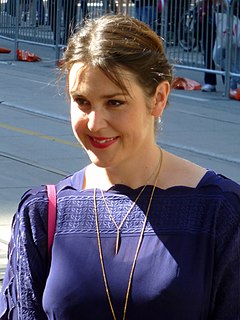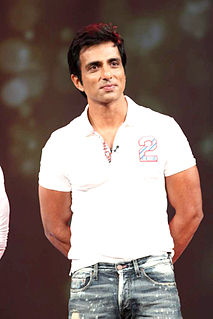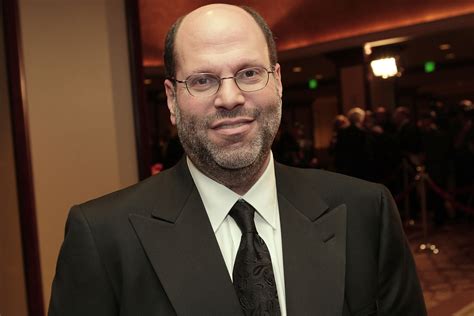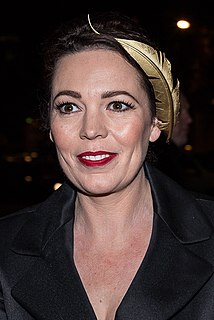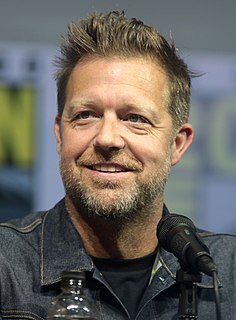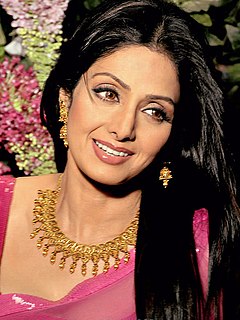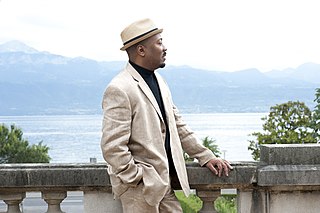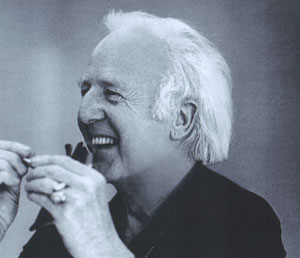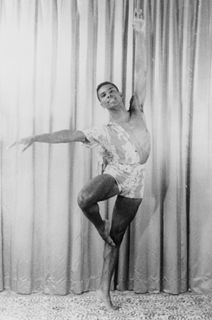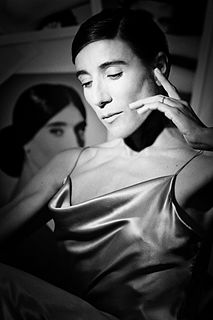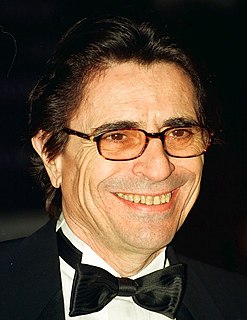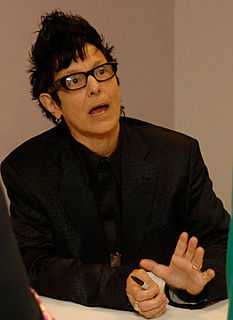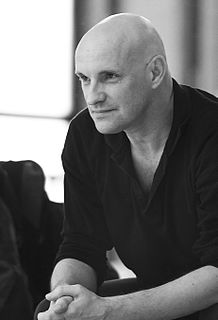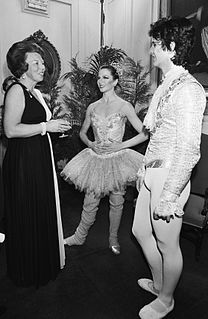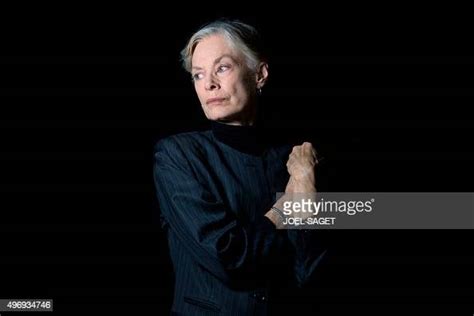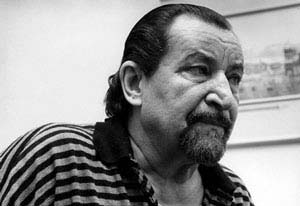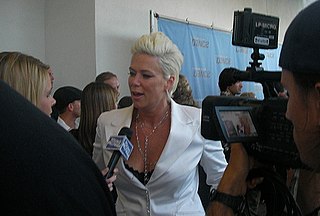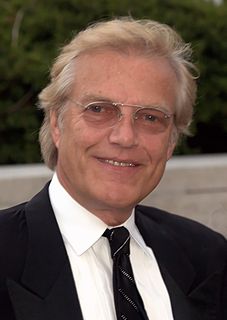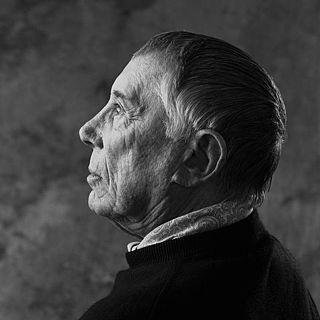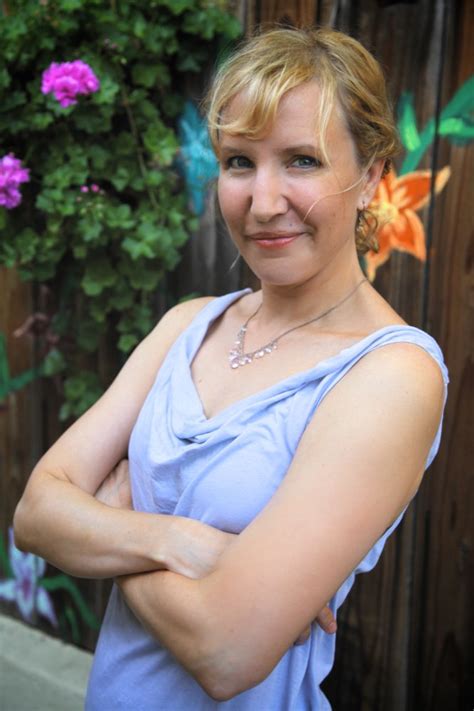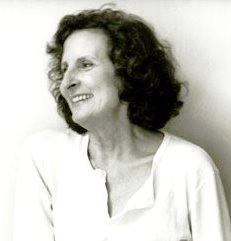A Quote by Yuen Woo-ping
When preparing for the fight choreography, the first thing I have to think about is what fits in the script. Whatever goes along with the story line and the character's personality; they have to be matched.
Related Quotes
I think what we want to do is - when we choreograph, when we design choreography, we try to take it from a character standpoint first. Obviously you write a script and it's like, a Jason Bourne or a John Wick or something like that, you don't start choreographing double twisting wire moves and backflips, or doing the splits. You try to keep it so it fits the character, or the tone of the film.
I feel like any actor should always be thinking about how to serve the story. The thing to be cautious of is trying to make too much of your "moment," or whatever. The story is a lot bigger than you, and you're there to help it along. The thing to think about is whether what you're doing is true to the moment and where the story's going, rather than going, "Here are my scenes. What can I try and do to make the most of them?"
There are all sorts of theories and ideas about what constitutes a good opening line. It's tricky thing, and tough to talk about because I don't think conceptually while I work on a first draft -- I just write. To get scientific about it is a little like trying to catch moonbeams in a jar. But there's one thing I'm sure about. An opening line should invite the reader to begin the story. It should say: Listen. Come in here. You want to know about this.
You read a script, you try and think through what is the best, most wide-ranging way of telling the story: who stylistically, character-logically, psychologically fits inside the world of what you're trying to do. A lot of it, when you're casting, is trying to get yourself in the head of a director.
Until a character becomes a personality it cannot be believed. Without personality, the character may do funny or interesting things, but unless people are able to identify themselves with the character, its actions will seem unreal. And without personality, a story cannot ring true to the audience.
The thing I always guard against when I'm talking to people I'm working with about a script is that there's a thing I don't like and it's called "talk story." It's when you're talking about the story; the characters are tasked with talking about the story instead of allowing the audience to experience the story.
I don't think you can cry if the script is rubbish. I have to feel it; it's as simple as that. It's just like if you're watching something moving, and you feel yourself welling up. It's the same thing. You're just being carried along with the story. There's nothing magical about it. I think I'm in touch with my emotions, and I can't help it.
What drew me to Batman in the first place was Bruce Wayne's story, and that he's a real character whose story begins in childhood. He's not a fully formed character like James Bond, so what we're doing is following the journey of this guy from a child who goes through this horrible experience of becoming this extraordinary character. That, for me, became a three-part story. And obviously the third part becomes the ending of the guy's story.
The first thing that happens is the cleansing of the former character. I don't think a lot of actors talk about it, but there is usually a process where you essentially purge yourself of the character played prior to the movie. Then you want to think about what the character represents, and you write down all of the elements about this character and then take the time to find some synchronicity and start breathing the character.
